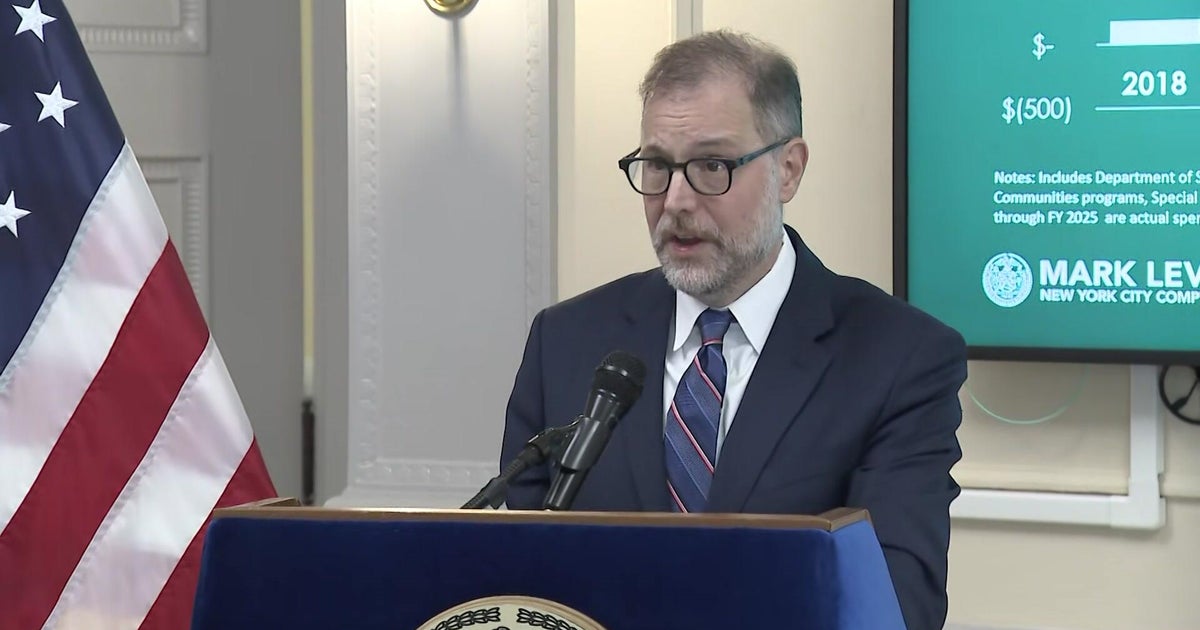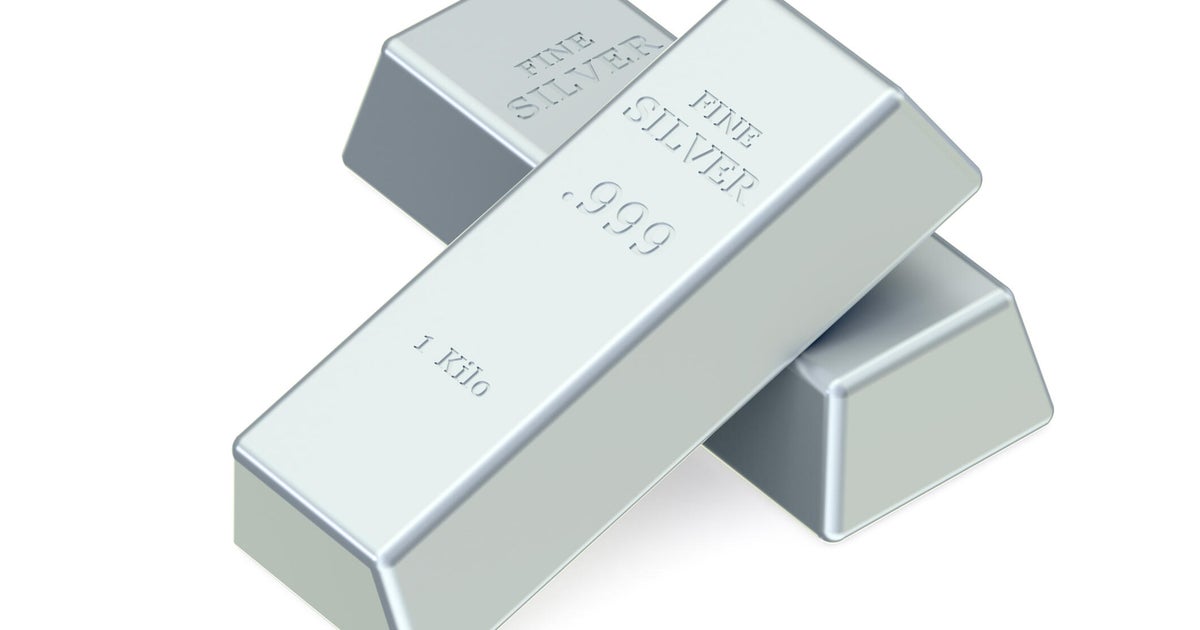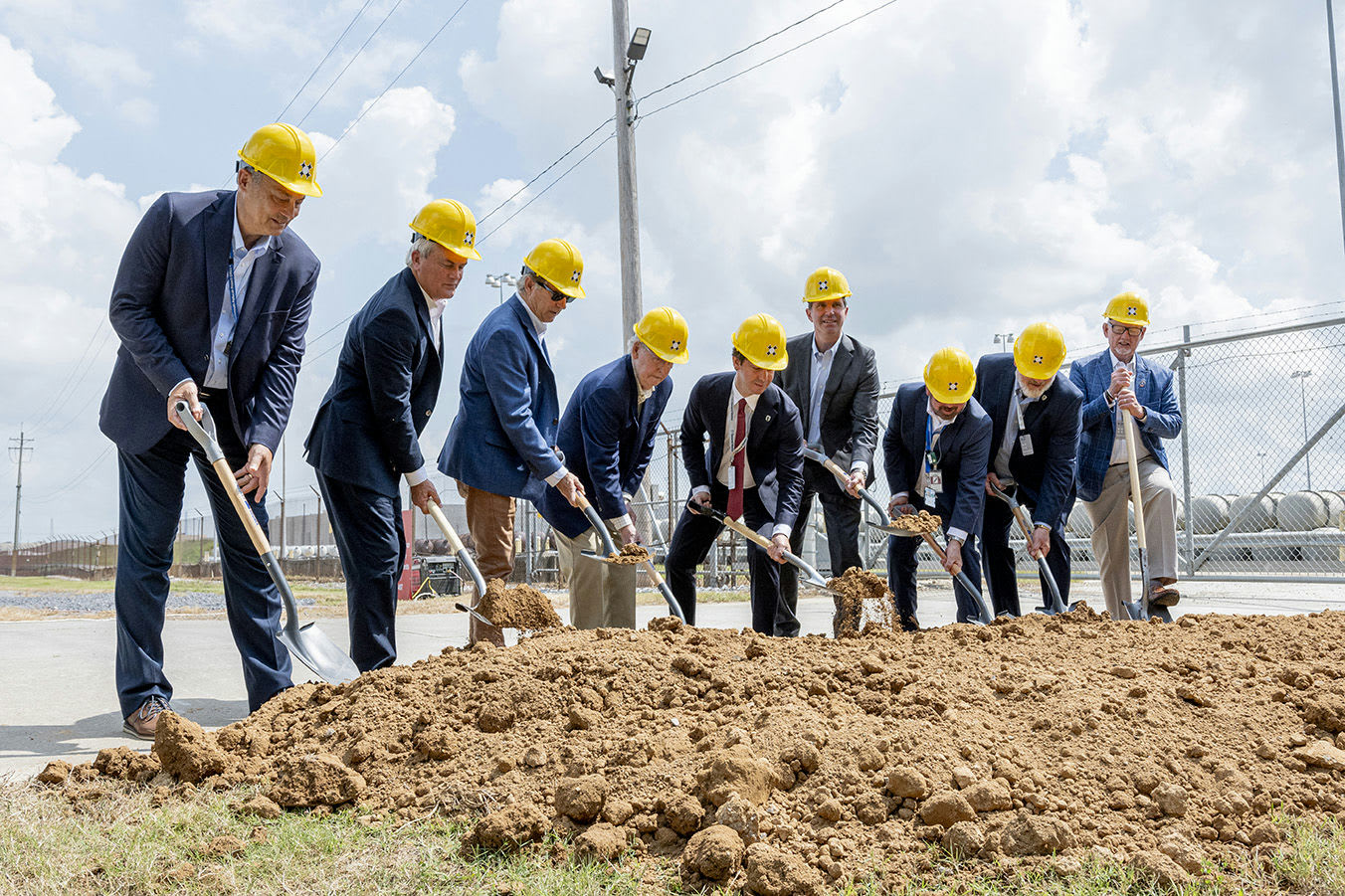Bank lending slowed in third quarter, heightening recession fears
- The nation's four largest banks reported their quarterly earnings this week, which were generally better than expected.
- But lending by the big banks was down, providing another sign that economic activity in the U.S. is slowing.
- The drop in lending comes as the Federal Reserve has been lowering interest rates to promote growth.
In another sign the U.S. economy may be headed for a recession, lending by the country's biggest banks slowed in the third quarter, according to financial information disclosed to investors this week.
At JPMorgan Chase, the nation's largest bank by assets, loans outstanding sank $12 billion between July and September, compared to the prior quarter. That was a drop of a little over 1%. Lending had risen $644 million in the second quarter.
JPMorgan was the only big bank that registered a drop in lending. But all four of the nation's biggest lenders, which also included Bank of America, Citigroup and Wells Fargo, saw loan growth slow. All told, lending at the four banks rose less than one half of one percent in the third quarter. That was down from a 1% increase in the second quarter.
The loan numbers were reported by the big banks as part of their quarterly earnings announcements to investors. Those announcements were generally better than investors had expected them to be.
Earnings at JPMorgan, for instance, rose 8% from the year-ago period, to just over $9 billion. Bank of America's net income was up 4%, excluding an impairment charge. Those earnings jumps suggest the economy is still plugging along.
Yet the lending dip suggests growth is losing speed. Companies tend to increase borrowing when they are looking to expand or are optimistic that they will have more business in the future. Shortly after President Donald Trump was elected, Wall Street analysts predicted that a pickup in lending would lift economic growth. Lending growth did jump initially, but now it is slowing.
The slowdown in lending also suggests that the Federal Reserve's recent moves to lower interest rates —which should make lending cheaper and encourage businesses and individuals to borrow and spend more— might not be providing much of an economic boost.
"We are seeing a slowing in bank lending, but that's not all that surprising since we already [see] economic growth is slowing," Paul Ashworth, chief U.S. economist at Capital Economics, said in a note this week. "It's not a positive sign, but not something we didn't know already."
Many economists have been waiting for U.S. consumers to up their spending and rescue the economy, since the job market remains strong with unemployment at 50-year lows. But that spending surge doesn't appear to be happening.
Instead, Ashworth noted, retail sales were the weakest they had been in more than six months. Based in part on that trend, he estimates that GDP growth could drop to 1% in the fourth quarter, down from 3% in the first three months of the year.
Many businesses are downgrading their expectations for the economy for the next 12 months, Ashworth said. That was consistent with the slowing loan numbers being reported by the big banks this week.





